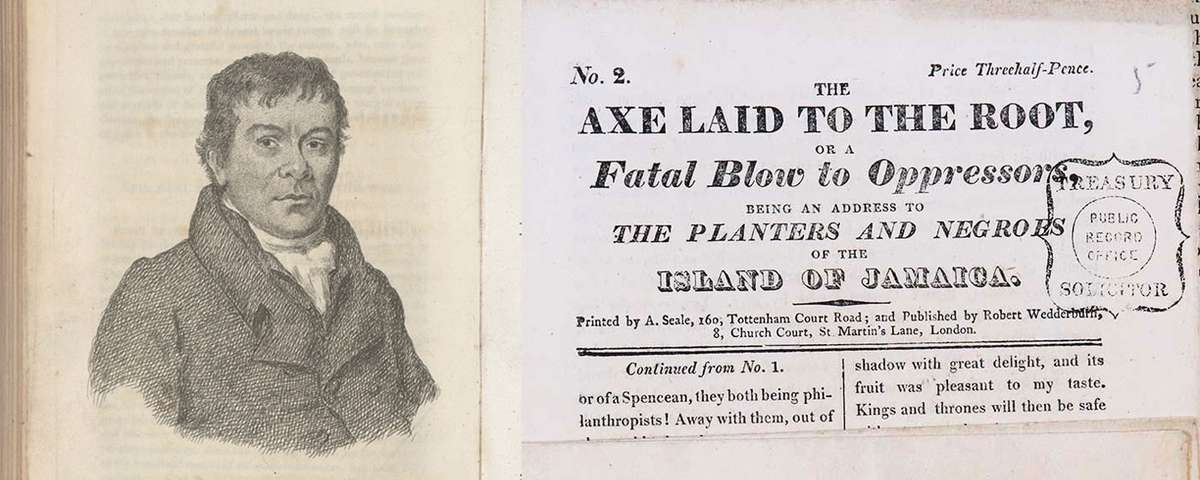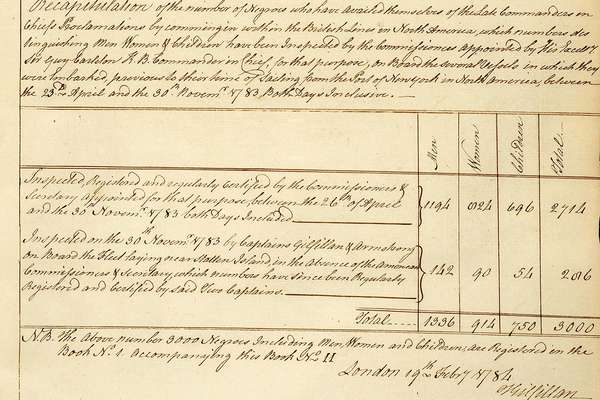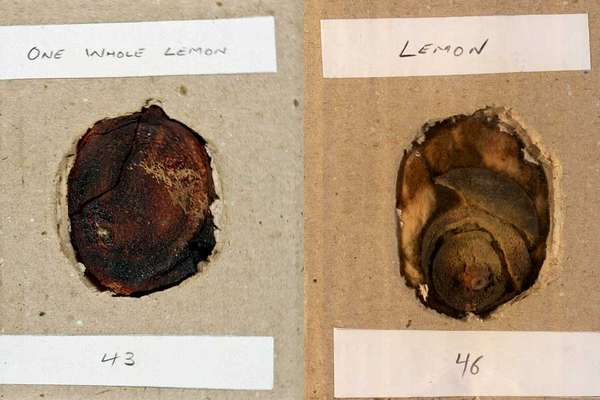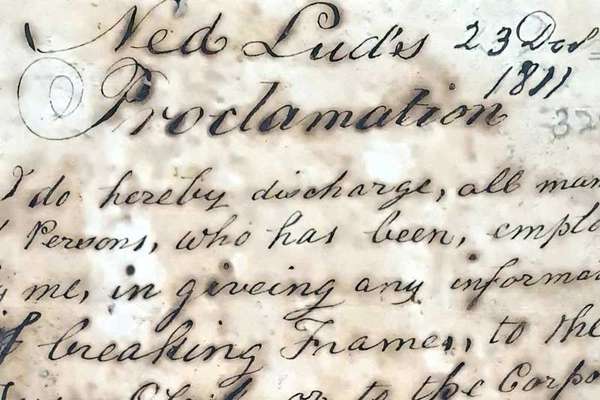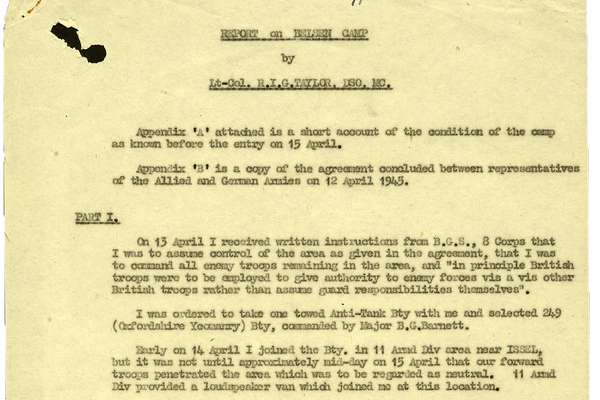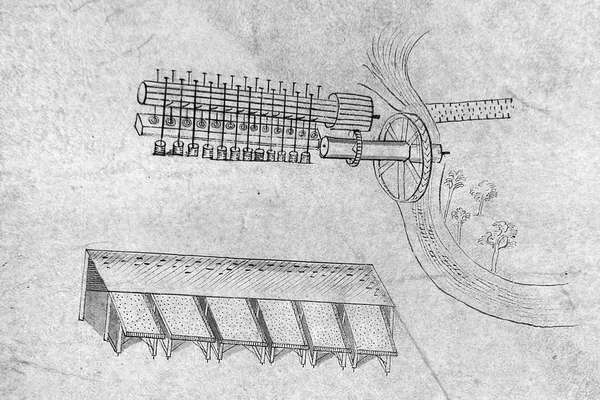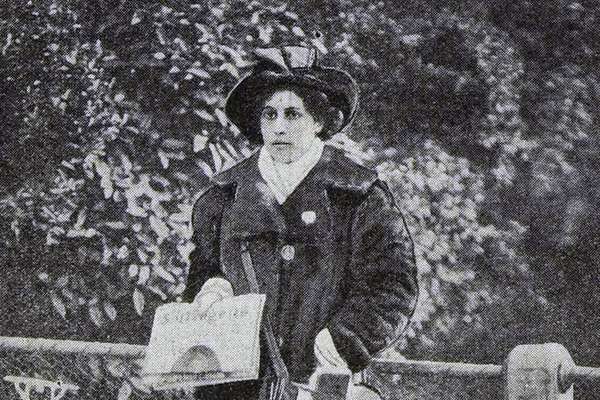Important information
This article quotes an original document that uses the term 'mullato' – an outdated and offensive racial classification for a person with mixed African-European ancestry. Original language is preserved here to accurately represent our records and to help us fully understand the past.
Early life
Robert Wedderburn was born in Jamaica in 1762 to Rosanna, an enslaved woman of colour. His father was James Wedderburn, a Scottish-born slaver and plantation owner.
He was born free but witnessed the harsh realities of slavery as a child growing up in Jamaica. As a teenager, he enlisted in the Royal Navy and settled in London in 1778. He trained as a tailor but frequently found himself in poverty.
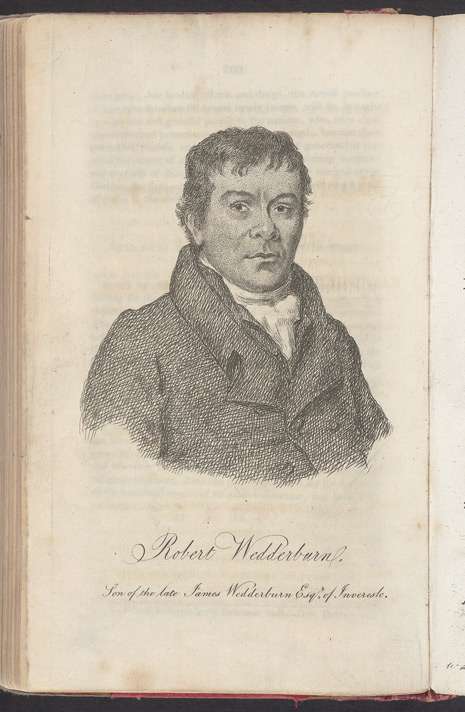
A portrait of Robert Wedderburn published in 1824. Courtesy of the British Library Board (Shelfmark: 8156.c.714).
A radical preacher
Wedderburn believed in the connectedness of various forms of oppression. He turned to religion to challenge the systems of inequality in Britain and its Empire. As a unitarian minister, he combined unconventional Christian theology with socialist political philosophy.
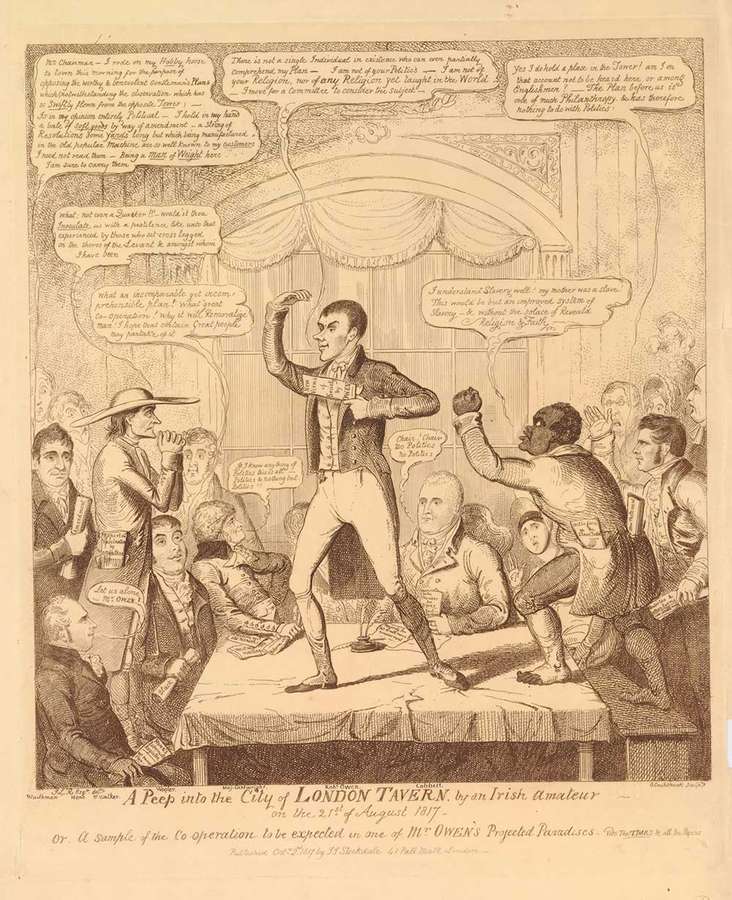
The satirical print A Peep into the City of London Tavern by George Cruikshank, 1817, caricatures Robert Wedderburn (right). He is shown to be saying 'I understand Slavery well! My mother was a slave. This would be but an improved system of Slavery and without the solace of Revealed Religion and Faith' © The Trustees of the British Museum
During his sermons he advocated for working-class rights and the abolition of slavery. These ideas culminated in his 1817 pamphlet series, The Axe Laid to the Root or A Fatal Blow to Oppressors. The publications critiqued oppressive government systems, advocating radical change through insurrectionary revolution.
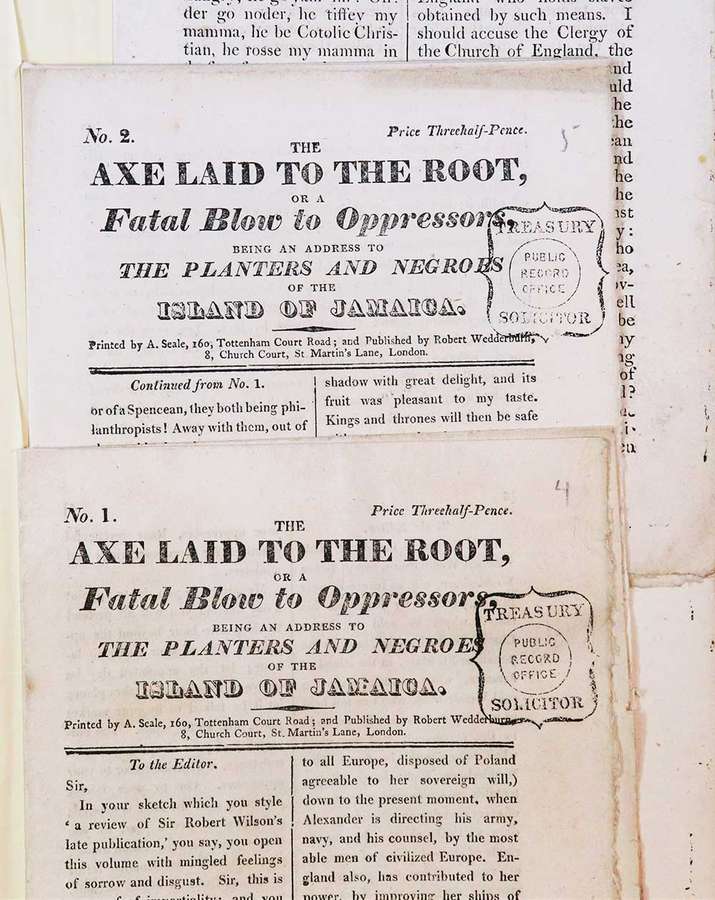
The Axe Laid to the Root, or a Fatal Blow to Oppressors, being an address to the planters and negroes of the island of Jamaica.
Printed by A. Seale, 160 Tottenham Court Road; and Published by Robert Wedderburn, 8, Church Court, St Martin's Lane, London.
Copies of 'The axe laid to the root or a fatal blow to oppressors' pamphlet series by Robert Wedderburn, 1817. Catalogue reference: TS 11/45/167.
Wedderburn preached from a chapel in Hopkins Street in London's Soho. Records held at The National Archives include printed notices addressed to the public advertising lectures at the chapel.
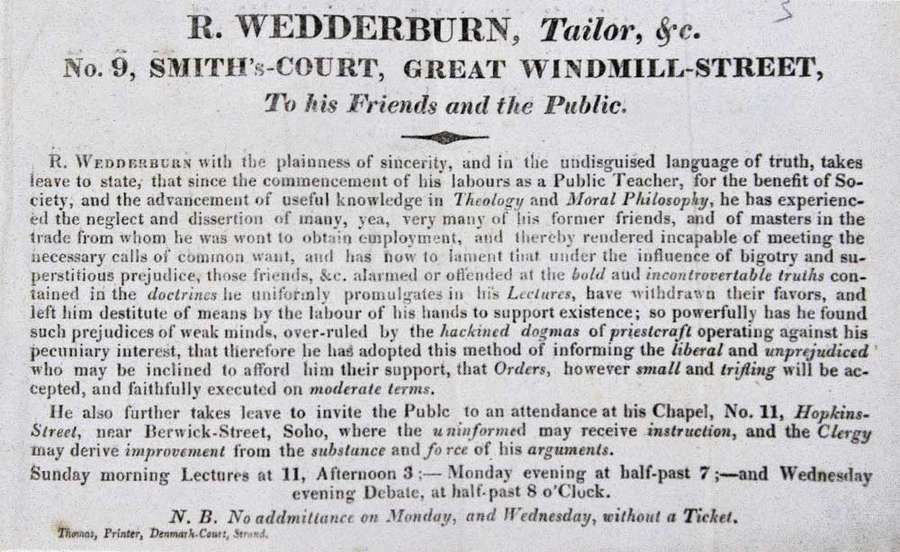
R. Wedderburn with the plainness of sincerity, and in the undisguised language of truth, takes leave to state, that since the commencement of his labours as a Public Teacher, for the benefit of Society, and the advancement of useful knowledge in Theology and Moral Philosophy, he has experienced the neglect and dissertion of many, yea, very many of his former friends, and of masters in the trade from whom he was wont to obtain employment, and thereby rendered incapable of meeting the necessary calls of common want, and has not to lambent that under the influence of bigotry and superstitious prejudice, those friends, etc alarmed or offended at the bold and incontrovertable truths contained in the doctrines he uniformly promulgates in his Lectures, have withdrawn their favors, and left him destitute of means by the labour of his hands to support existence; so powerfully has he found such prejudices of weak minds, over-ruled by the hacknied dogmas of priestcraft operating against his pecuniary interest, that therefore he has adopted this method of informing the liberal and unprejudiced who may be inclined to afford him their support, that Orders, however small and trifling will be accepted, and faithfully executed on moderate terms.
He also further takes leave to invite the Public to attendance at his Chapel, No.11, Hopkins Street [...] where the uninformed may receive instruction, and the Clergy may derive improvement from the substance and force of his arguments.
An invitation by Robert Wedderburn addressed to friends and the public to attend lectures and debates at the Hopkins-Street Chapel in Soho. Catalogue reference: TS 11/45/167
The authorities viewed these activities with unease. In 1819, informers were sent to Hopkins Street to gather evidence. They observed Wedderburn delivering passionate speeches advocating for violent revolution.
10th Aug.1819
My Lord,
Yesterday Evening I proceeded to Hopkins St. Chapel to hear the question discussed whether it be right for the People of England to assassinate their Rulers, for this my Lord, I conceive to be the real purport of the question tho’ proposed in other terms – I had some difficulty to discover the place for it is apparently a ruinous loft which you ascend by a step-ladder – the assemblage was perfectly suitable to their place for both Orators and Audience were with a few exceptions, persons of the very lowest description.
…One of those men who appeared to be the principal in their concern is a Mulatto and announced himself as the Descendant of an African Slave – After noticing the insurrections of the Slaves in some of the West India Islands he said they fought twenty years for ‘Liberty’ – he then appealed to Britons who boasted such superior feeling and principles, whether they were ready to fight now…
Catalogue reference: HO 42/191
Trial
After gathering evidence, the authorities arrested Wedderburn and tried him in court. The prosecution argued that his activities were blasphemous and incited rebellion against government. Due to the nature of the allegations, the trial attracted media and public attention.
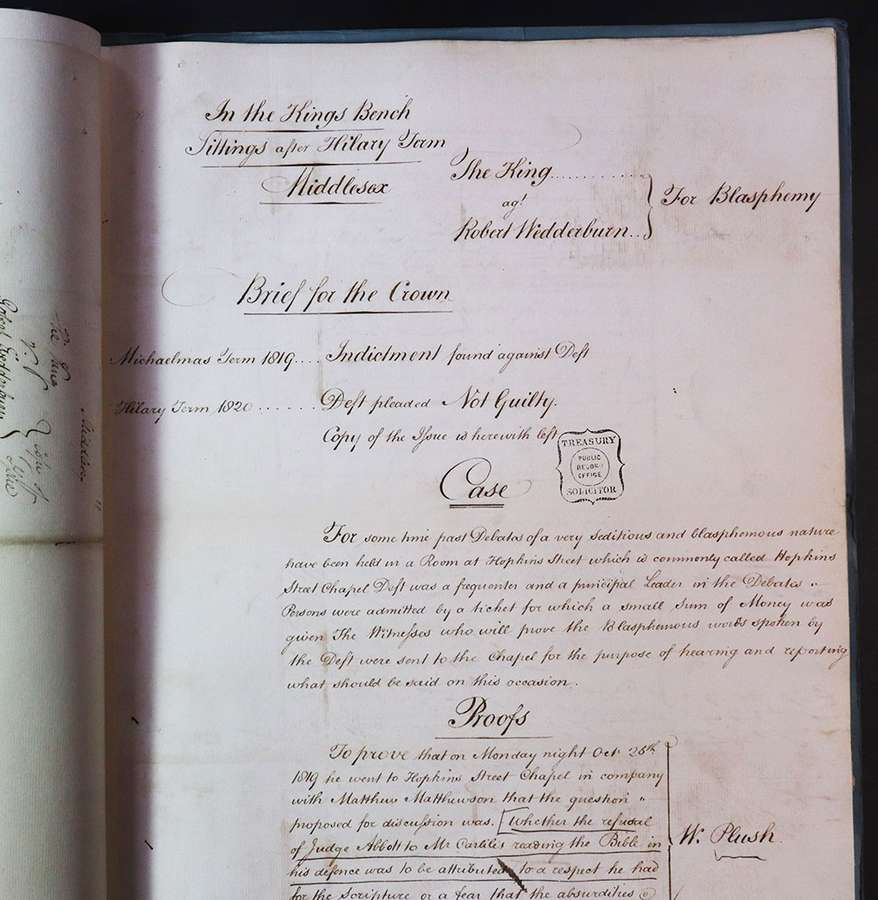
Case
For some time past Debates of a very seditious and blasphemous nature have been held in a Room at Hopkins Street which is commonly called Hopkins Street Chapel Defendant was a frequenter and principal leader in the Debates.
Persons were admitted by a ticket for which a small sum of Money was given. The Witnesses who will prove the Blasphemous words spoken by the defendant were sent to the Chapel for the purpose of hearing and reporting what should be said on this occasion.
Record of Robert Wedderburn's trial for blasphemy, including his plea of Not Guilty. Catalogue reference: TS 11/45/167.
The jury advised mercy as they considered Wedderburn to have 'erred through ignorance'. The prosecution refuted this, claiming Wedderburn was a dangerous individual. They stated that he possessed talents as both an author and orator and were aware of his following among London's urban poor.
The judge sentenced Wedderburn to two years imprisonment at Dorchester Jail.
Abolitionism
While Wedderburn was in prison, the abolitionist William Wilberforce would visit him. When Wedderburn published the 1821 anti-slavery publication, The Horrors of Slavery and Other Writings he dedicated the book to Wilberforce.
The book provided a personal account of the abuses and injustices faced by his mother and grandmother in Jamaica. It also served as a call to action for the abolitionist movement.
Later life
Robert Wedderburn gained notoriety as a controversial figure throughout his life. His activities were frequently mentioned in newspapers. The English Chronicle and Whitehall Evening Post described him in an 1823 article as 'tailor and breeches-maker, field preacher, radical reformer, romance writer, circulatory librarian, and ambulatory dealer in drugs, deism, and demoralisation in general'.
At 69 years of age, he spent 12 months in prison charged with running a brothel.
Despite his turbulent life, his writings serve as a valuable historical record. They shed light on the complex dynamics of race, class, and power in Georgian England. They also highlight the often-overlooked agency and resilience of marginalised individuals.
Records featured in this article
-
- From our collection
- TS 11/45/167
- Title
- Court records relating to Robert Wedderburn's trial
- Date
- 1819–1820
-
- From our collection
- HO 42/191
- Title
- Home office letters
- Date
- 1819
Further reading on Robert Wedderburn
The Horrors of Slavery and Other Writings by Robert Wedderburn, edited by Iain McCalman. Available in the National Archives Library
Read More
Research Guide: Slavery and the British transatlantic slave trade
This guide gives an overview of records held at The National Archives that shed light on the slave trade, slavery and unfree labour in the British Caribbean and North American colonies.
